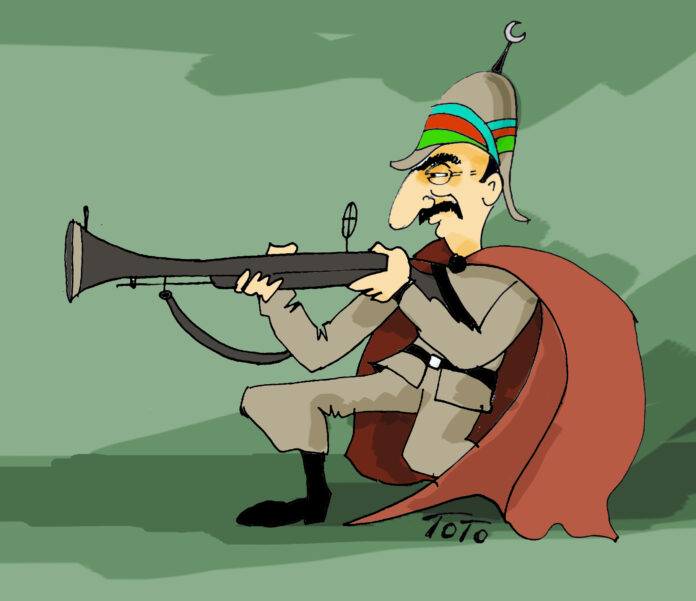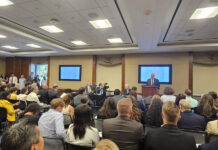In recent months, several political developments seemed to enhance Armenia’s position vis-à-vis that of its enemies, i.e., the verdict at the International Court of Justice, the placement of 100 European Union monitors on Armenia’s territory, and the resolutions adopted at the French Senate and National Assembly (the two houses of the French parliament). In addition, the tragic earthquakes shattering Turkey’s provinces (as well as Syria) had temporarily put a limit to Turkey’s aggressive stance towards its neighbors.
Despite all these developments, Azerbaijan has refused to open the Lachin Corridor, which it has blocked since December 12. In addition, it has escalated its war rhetoric and engaged in violent clashes with the Armenian side. This means that those developments have in no way have impacted Azerbaijan’s behavior and its methods of assessing the political atmosphere in the region.
There are some inherent causes motivating President Ilham Aliyev’s aggression and shaping his policies.
For one, Aliyev considers Armenia the defeated party and he has decided to extract maximum concessions from Yerevan. Another reason is Russia’s resentment towards Armenia because of the latter’s recent deals with the West, to which Moscow is responding through a third party, meaning Azerbaijan. They are not admitting that Armenia has had little choice but to seek help from the West, since the Collective Security Treaty Organization (CSTO), which Russia leads and in which Armenia is a member, has resolutely refused to help the latter at any point. Adding insult to injury, several member nations’ leaders have congratulated Azerbaijan on its decisive victory in the 44-Day War which it had launched.
The third reason, which is not always obvious when discussion turns to politics in the Caucasus, is the Israeli political and military support for Azerbaijan. Despite Turkey’s quandary temporarily limiting its capacity for foreign adventures, Baku is depending heavily on Israel to gain leniency from the West and in particular, from the US, for its arrogance and bloody misadventures.
On the sidelines of the last Munich Security Conference in February, when Aliyev shared a panel with the prime ministers of Armenia and Georgia, addressing Nikol Pashinyan, he bluntly stated that Armenia has signed a treaty of capitulation and the people in Armenia have recognized the results of the war by reelecting Pashinyan. Therefore, he added, Armenia has to pay the price. Once we understand Aliyev’s frame of mind, then nothing seems out of the ordinary; his ministers have considered the “Zangezur Corridor” as war booty since Aliyev finds it very reasonable to claim publicly that Armenia’s territory is up for grabs to be recategorized as Western Azerbaijan.








